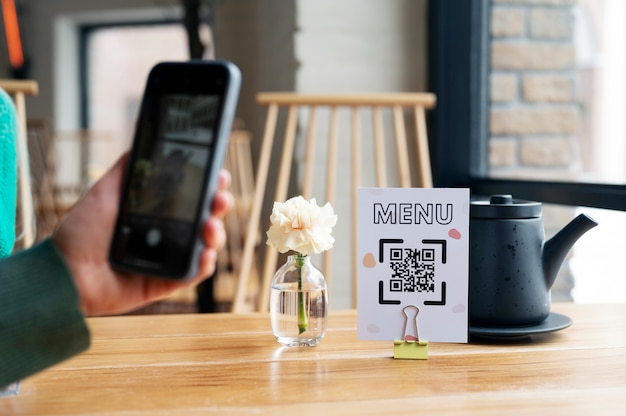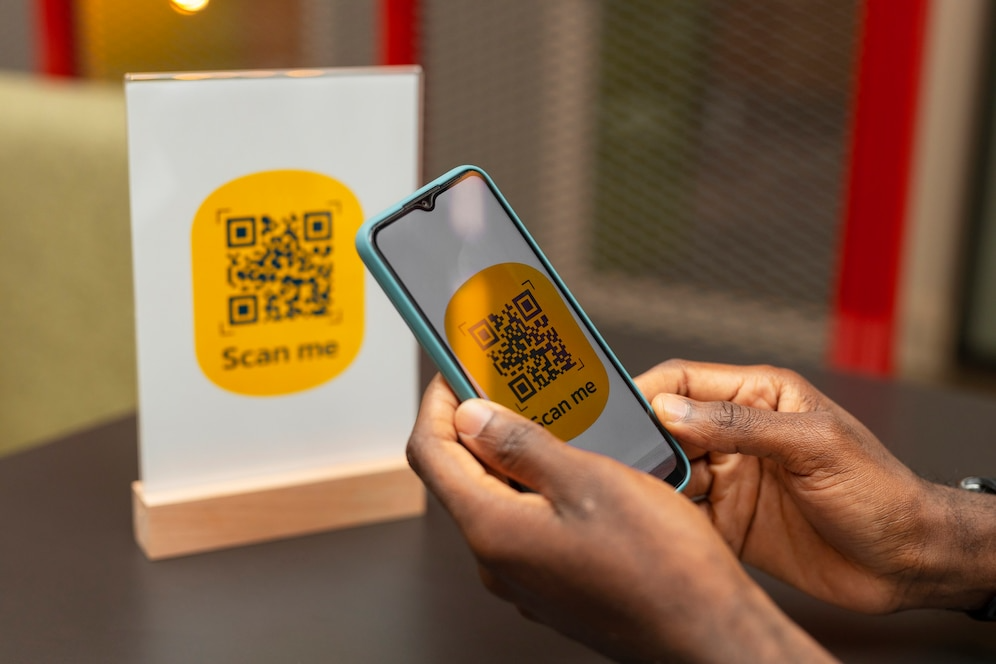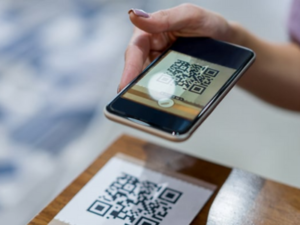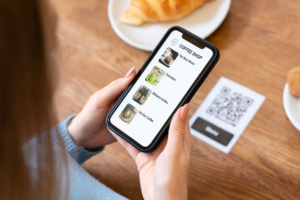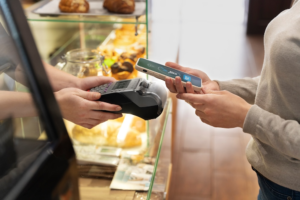Introduction
In the fast-paced world of event planning, organizers are constantly seeking efficient and engaging solutions to enhance attendee experiences. QR codes have emerged as valuable tools in this regard, offering a range of benefits to streamline event registration, enhance attendee engagement, simplify ticketing and check-in processes, facilitate information sharing, promote networking opportunities, and support event marketing. This article explores the role of QR codes in event planning, highlighting their significance in creating seamless and memorable event experiences.
Streamlining Event Registration
QR codes play a vital role in streamlining event registration processes. Organizers can generate unique QR codes for each attendee, which can be easily scanned using smartphones or dedicated scanning devices. By simply scanning the code, attendees can quickly register for the event, eliminating the need for manual data entry and reducing waiting times. This seamless registration process enhances attendee satisfaction and overall event efficiency.
Enhancing Attendee Engagement
QR codes provide opportunities to enhance attendee engagement during events. Organizers can strategically place QR codes throughout the event venue, linking them to interactive content, surveys, or live polls. Attendees can scan the codes to access additional information, participate in real-time surveys, or provide feedback, creating an immersive and interactive event experience. QR codes can also be used to gamify the event, encouraging attendees to scan codes at different stations to earn points or unlock rewards.
Simplifying Ticketing and Check-In

QR codes revolutionize ticketing and check-in procedures at events. Instead of printing physical tickets, organizers can issue QR codes to attendees via email or mobile apps. Attendees can then present the QR codes on their smartphones for quick and seamless check-in. This eliminates the need for paper tickets and speeds up the entry process, reducing waiting times and enhancing the overall event experience for attendees.
Efficient Information Sharing
QR codes facilitate efficient information sharing in event planning. Organizers can generate QR codes that link to event schedules, maps, speaker profiles, or presentation materials. Attendees can scan the codes to access relevant information and resources instantly, eliminating the need for printing and distributing physical materials. This not only saves costs but also ensures that attendees have access to up-to-date and easily accessible information throughout the event.
Promoting Networking Opportunities
QR codes can be used to promote networking opportunities at events. Organizers can generate QR codes that contain attendees’ contact details or social media profiles. Attendees can exchange QR codes by scanning them, enabling instant connections and facilitating networking. This simple and efficient method enhances networking opportunities and encourages post-event communication and collaboration among attendees.
Leveraging QR Codes for Marketing
QR codes serve as powerful marketing tools in event planning. Organizers can include QR codes on event promotional materials, such as posters, flyers, or digital advertisements. Scanning the codes can lead potential attendees to event registration pages, promotional videos, or special offers, effectively driving engagement and increasing event attendance. QR codes can also be used to collect leads by linking them to sign-up forms or subscription pages.
Ensuring Data Security and Privacy
When implementing QR codes in event planning, it is crucial to prioritize data security and privacy. Organizers should ensure that the QR code scanning process does not compromise attendees’ personal information. It is advisable to use secure and reputable QR code generation platforms and encrypt sensitive data when necessary. Additionally, organizers should provide clear privacy policies and obtain consent from attendees when collecting personal data through QR code interactions.
QR Code Best Practices for Event Planning
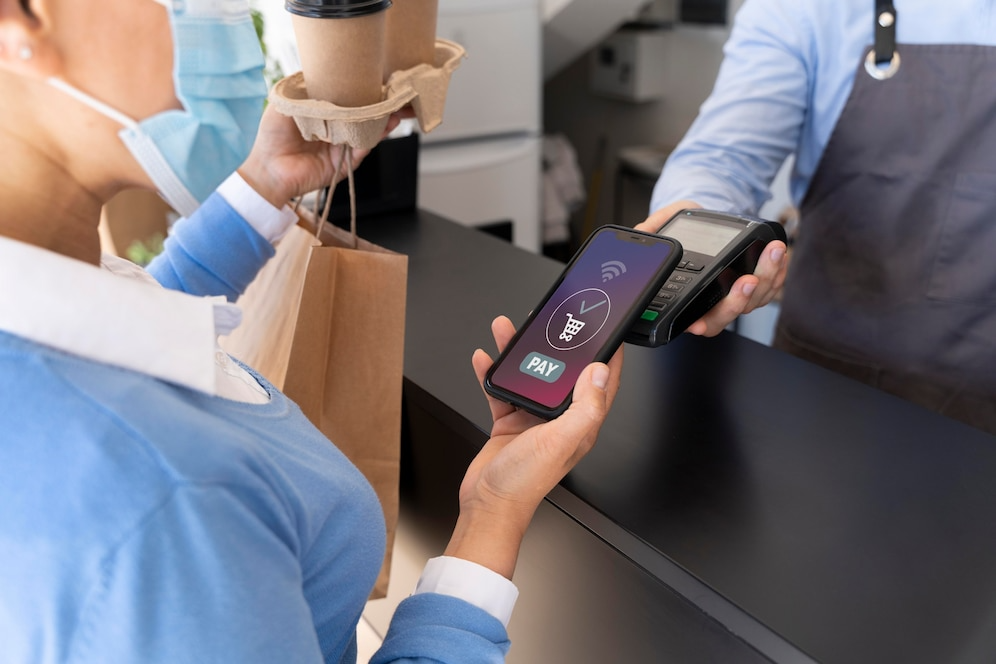
To maximize the effectiveness of QR codes in event planning, it is important to follow these best practices:
- Create visually appealing and easily scannable QR codes.
- Test QR codes across different devices and platforms.
- Provide clear instructions on how to scan QR codes.
- Regularly update QR code content to keep it relevant and engaging.
- Monitor and analyze QR code usage to gain insights into attendee engagement and preferences.
Enhancing Attendee Experience with QR Codes
By incorporating QR codes into event materials such as brochures, posters, or signage, attendees can access additional information and engage with interactive content. These codes can lead participants to event schedules, speaker profiles, session materials, or even exclusive discounts or promotions.
Streamlining Registration and Check-in Processes
QR codes can simplify the registration and check-in process by replacing traditional paper tickets or physical badges. Attendees can receive QR codes via email or mobile apps, which can be easily scanned at the entrance for quick and efficient access. This reduces waiting times and eliminates the need for printing and distributing physical tickets.
Efficient Information Sharing and Networking
QR codes facilitate seamless information sharing among attendees. By including QR codes on business cards or name badges, participants can quickly exchange contact details with a simple scan. Additionally, event organizers can create dedicated QR codes for specific networking purposes, enabling attendees to connect with each other effortlessly.
Promoting Sponsorships and Exhibitors
Event sponsors and exhibitors can leverage QR codes to drive engagement and enhance their visibility. By placing QR codes on promotional materials, attendees can access exclusive offers, product information, or even enter contests. This creates a win-win situation, as sponsors gain exposure and attendees receive value-added benefits.
Real-time Feedback and Surveys
QR codes can be utilized to gather real-time feedback and conduct surveys during events. Attendees can scan a QR code displayed at specific locations to provide their opinions, ratings, or suggestions. This allows event planners to gather valuable insights and make data-driven decisions for future improvements.
Tracking and Analytics
QR codes enable event organizers to track attendee behavior and collect valuable analytics. By embedding unique codes in marketing materials, organizers can monitor which codes are scanned and when. This information provides insights into attendee engagement, popular sessions, and areas that need improvement.
Ensuring Data Privacy and Security
When implemented correctly, QR codes can offer enhanced data privacy and security. Event planners can employ secure QR code generators to prevent unauthorized access or tampering. By utilizing encryption techniques and secure platforms, sensitive attendee information can be protected throughout the event lifecycle.
FAQs
How do QR codes streamline event registration processes?
QR codes simplify event registration by enabling attendees to quickly scan the code and complete the registration process, eliminating manual data entry and reducing waiting times.
Can QR codes enhance attendee engagement during events?
Yes, QR codes can be linked to interactive content, surveys, or live polls, allowing attendees to engage with the event in real time, provide feedback, and participate in interactive activities.
How do QR codes simplify ticketing and check-in procedures?
QR codes replace physical tickets and allow attendees to present their codes on smartphones for quick and seamless check-in, reducing waiting times and eliminating the need for paper tickets.
What information can be shared using QR codes in event planning?
QR codes can be used to share event schedules, maps, speaker profiles, presentation materials, or any other relevant information, providing attendees with instant access to resources and eliminating the need for printed materials.
How can QR codes be used to promote networking opportunities at events?
QR codes can contain attendees’ contact details or social media profiles, enabling instant connections and facilitating networking among attendees. Scanning QR codes allows attendees to exchange information and establish connections easily.
Can QR codes be scanned by any smartphone?
Yes, QR codes can be scanned by most modern smartphones with a built-in camera. However, some older devices may require a dedicated QR code reader app.
Are QR codes secure?
QR codes can be made secure by utilizing encryption techniques and secure platforms. Event organizers should prioritize data privacy and employ reputable QR code generators.
How can QR codes benefit event sponsors and exhibitors?
QR codes provide an opportunity for sponsors and exhibitors to promote their products, services, and offers directly to event attendees. By including QR codes on promotional materials, they can drive engagement and enhance visibility.
Can QR codes be customized with logos or branding?
Yes, QR codes can be customized with logos or branding elements to align with the event’s visual identity. However, it’s important to ensure that the customizations do not hinder scanning functionality.
How can event organizers track attendee engagement using QR codes?
Event organizers can track attendee engagement by embedding unique QR codes in marketing materials and tracking which codes are scanned and when. This provides valuable analytics for assessing attendee behavior and preferences.
Conclusion
QR codes have become invaluable tools in event planning, revolutionizing various aspects of the event experience. From streamlining event registration and enhancing attendee engagement to simplifying ticketing and check-in processes, QR codes contribute to creating seamless and memorable events. By leveraging QR codes effectively and following best practices, event organizers can elevate attendee experiences, drive engagement, and ensure the success of their events.








